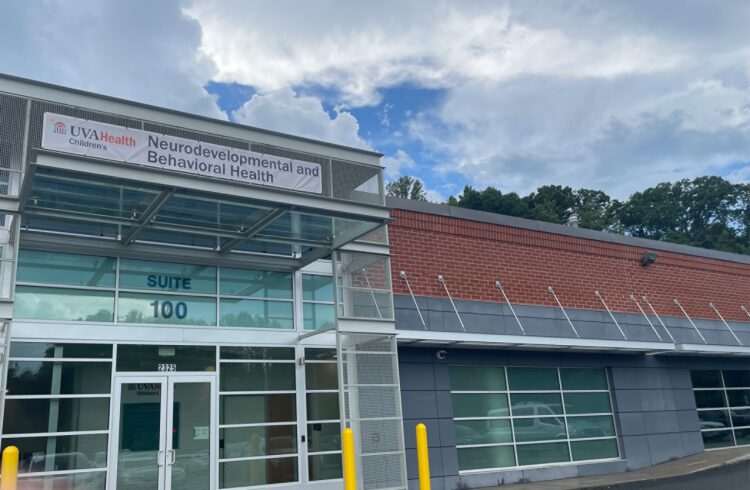
CHARLOTTESVILLE, Va. — For the first time ever, patients with Type 1 diabetes have controlled their disease in a real-life setting using an artificial pancreas system developed by UVA researchers. This milestone means researchers are even closer to revolutionizing diabetes care for millions of people with Type 1 diabetes.
At the heart of the system is a novel hand-held device developed by a University of Virginia research team, led by Patrick Keith-Hynes, PhD, and Boris Kovatchev, PhD. The device uses a “smart” algorithm that automatically delivers insulin and regulates a person’s blood sugar levels — taking much of the burden of constant monitoring off the patient.
Global Artificial Pancreas Project
This first outpatient study marks the latest milestone in the Juvenile Diabetes Research Foundation’s Artificial Pancreas Project , which involves an international research consortium including teams from the University of Virginia, the University of California in Santa Barbara, Montpellier University Hospital (France), and the Universities of Padova and Pavia (Italy).
Researchers in Europe recently announced the trial results. The study took place in France and Italy.
In the study, two patients with Type 1 diabetes attained near-normal glucose levels after spending one night outside of a hospital while using the artificial pancreas system. The patients were able to eat a restaurant meal and spend one night at a hotel while using the device.
Local community support fuels research
“We at UVA have enjoyed successful inpatient trials of the artificial pancreas and we continue to do so,” says Kovatchev, professor of psychiatry and behavioral sciences and director of the UVA Center for Diabetes Technology. “But the success in an outpatient, real-world setting is an enormous and encouraging milestone. This is a day for all of us involved with the artificial pancreas project to truly celebrate.”
Major supporters of the project are Paul and Diane Manning, through the Manning Family Foundation, who early on recognized the potential for the technology and provided financial support.
Fred and Susan Russell are strong supporters of JDRF, and came to know Kovatchev and his colleagues through their work with JDRF’s investment in the artificial pancreas project at UVA. In addition to their continuing involvement with JDRF, they and Hunter Goodwin directly support the development of advanced diabetes technology at UVA.
“Today, there are no fully-automated insulin delivery systems available on the market, and that’s why JDRF has made accelerating the development and delivery of these technologies a priority,” said Dr. Aaron Kowalski, assistant vice president of treatment therapies at the Juvenile Diabetes Research Foundation . “This latest research milestone is incredibly exciting and shows us that the first generation of an artificial pancreas is no longer a dream.”


